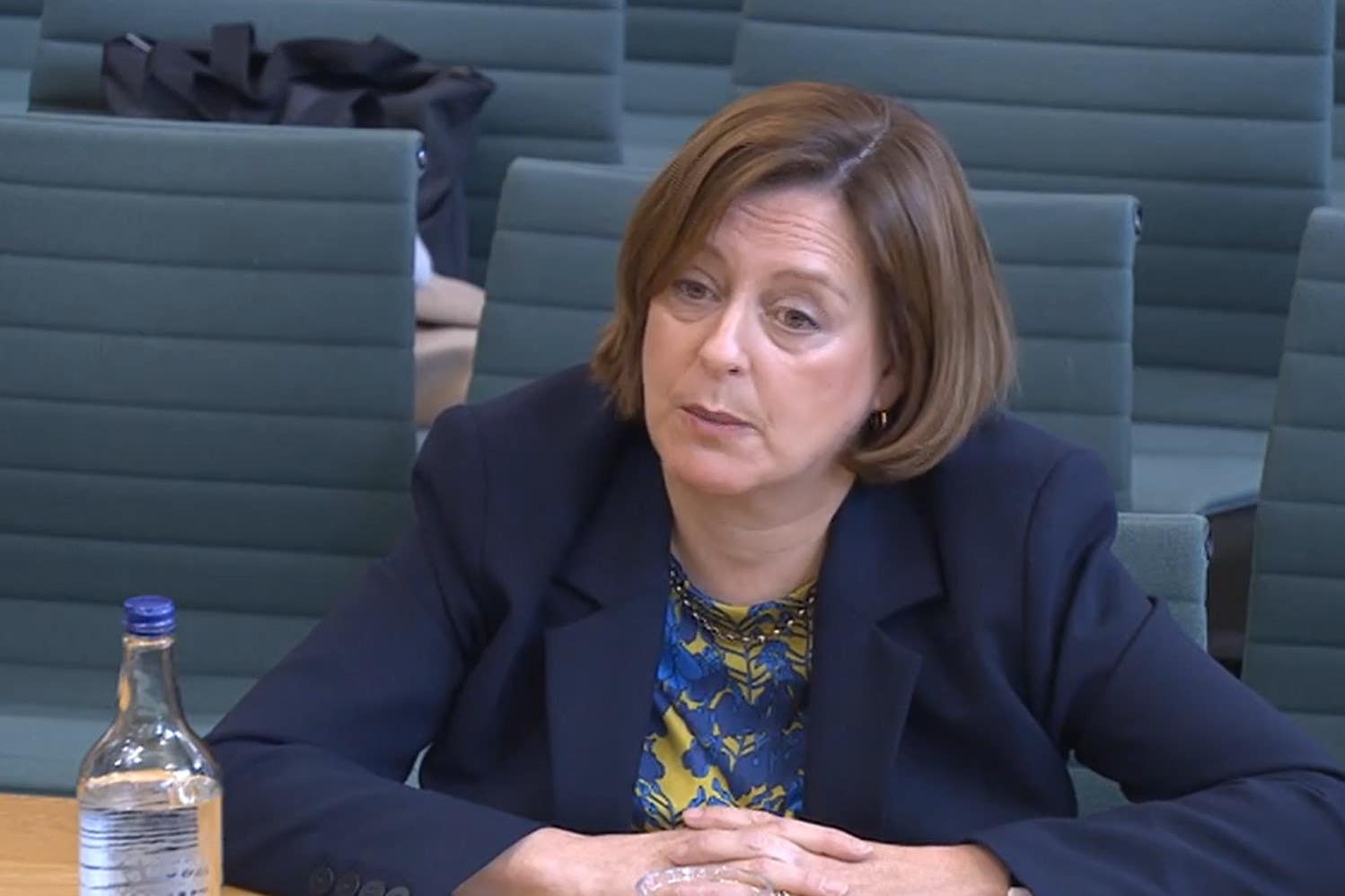Ofcom chief writes to DCMS committee to clarify rules around politicians on TV
It comes after Dame Melanie Dawes gave evidence at a Digital, Culture, Media and Sport Committee meeting last week.

The head of Ofcom has written to the Digital, Culture, Media and Sport Committee (DCMS) to clarify rules on politicians presenting and appearing on TV programmes.
It comes after a DCMS committee session which saw Ofcom chief executive Dame Melanie Dawes questioned on whether MPs Esther McVey and Philip Davies should have been allowed to interview Tory Chancellor Jeremy Hunt for GB News ahead of the spring Budget.
Ofcom rules currently say that: “No politician may be used as a newsreader, interviewer or reporter in any news programmes unless, exceptionally, it is editorially justified. In that case, the political allegiance of that person must be made clear to the audience.”
In the letter, Dame Melanie said Ofcom attaches “great value to broadcasters’ right to freedom of expression and audiences’ right to receive information and ideas” and the distinction on whether a programme is news or current affairs “depends on a number of factors” including its content and format.
She confirmed in the letter that Ofcom had received complaints about the edition of Saturday Morning With Esther And Philip broadcast on March 11 which it is “currently assessing”.
She said the outcome will be published in its Broadcast And On Demand Bulletin “in due course”.
The letter comes after the group director for broadcasting and online content Kevin Bakhurst published a blog post also explaining the rules for politicians presenting and appearing on television programmes, and how Ofcom classifies news and current affairs.
Bookmark popover
Removed from bookmarks